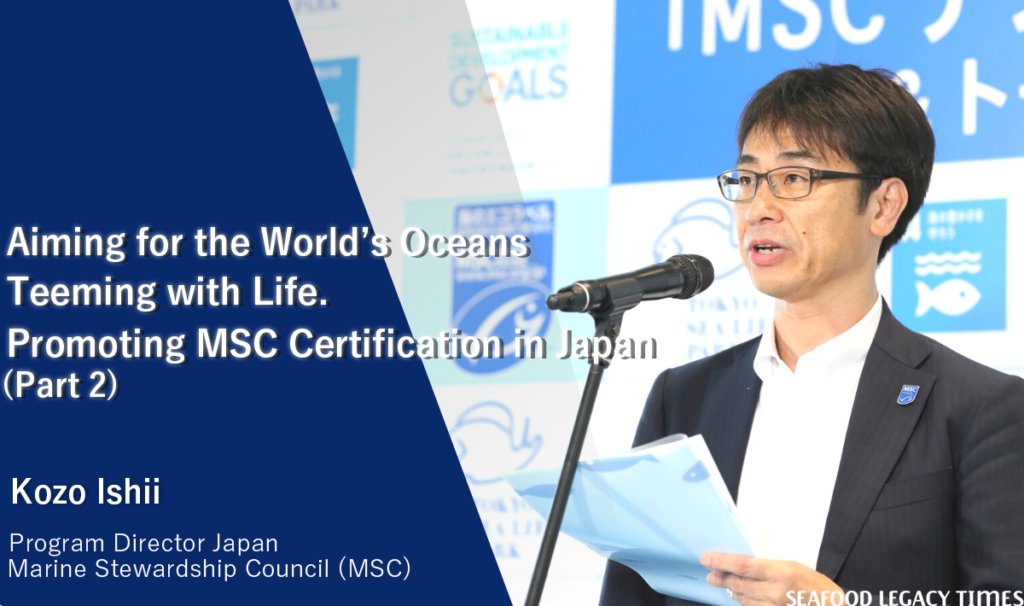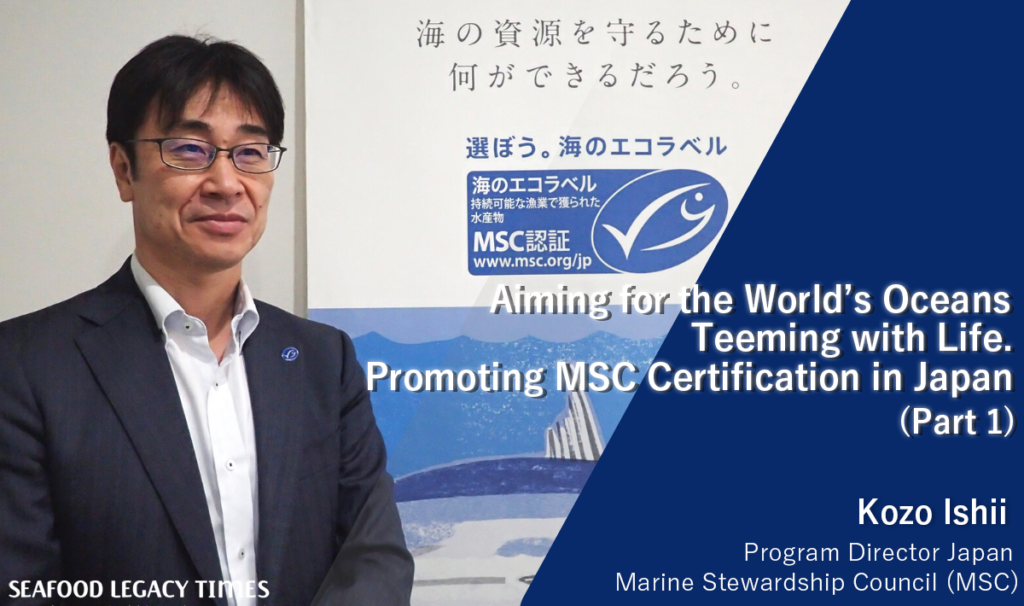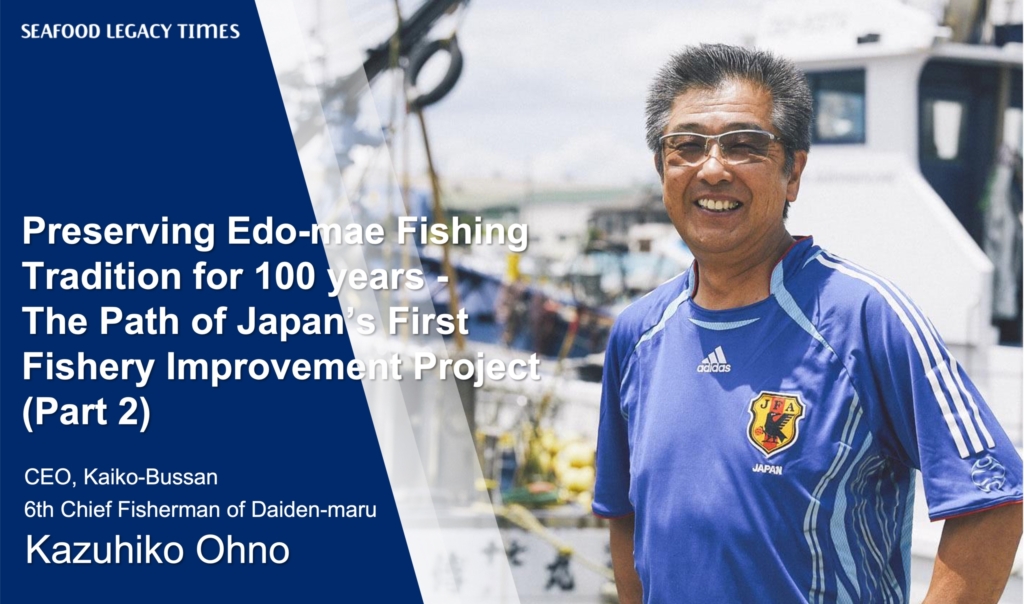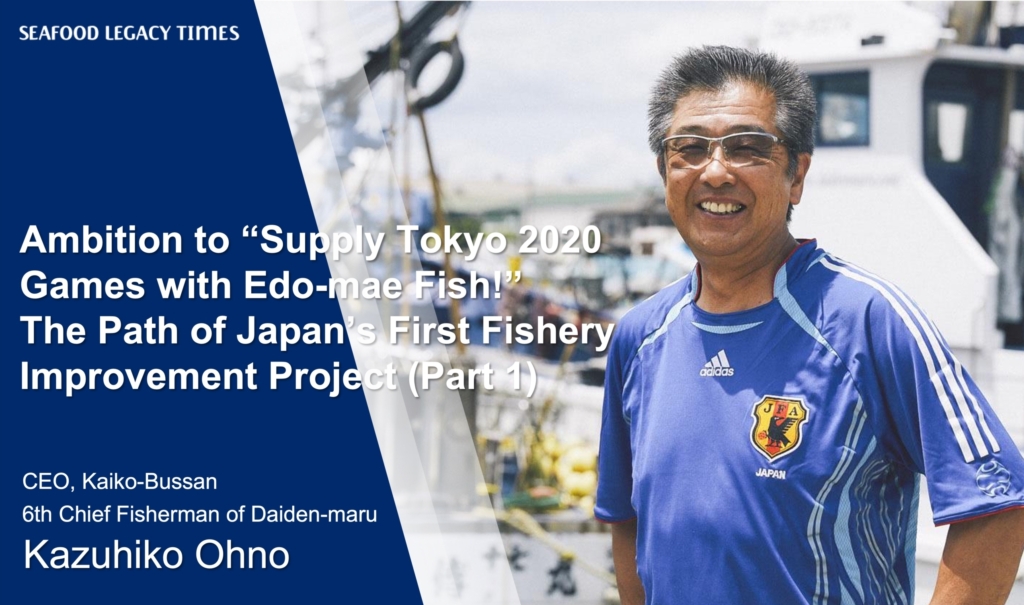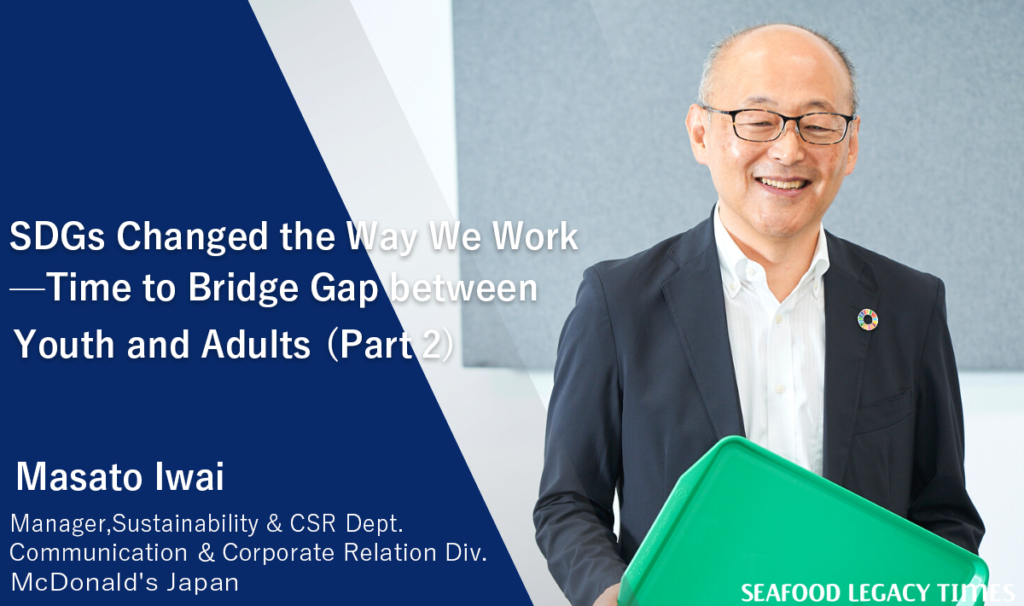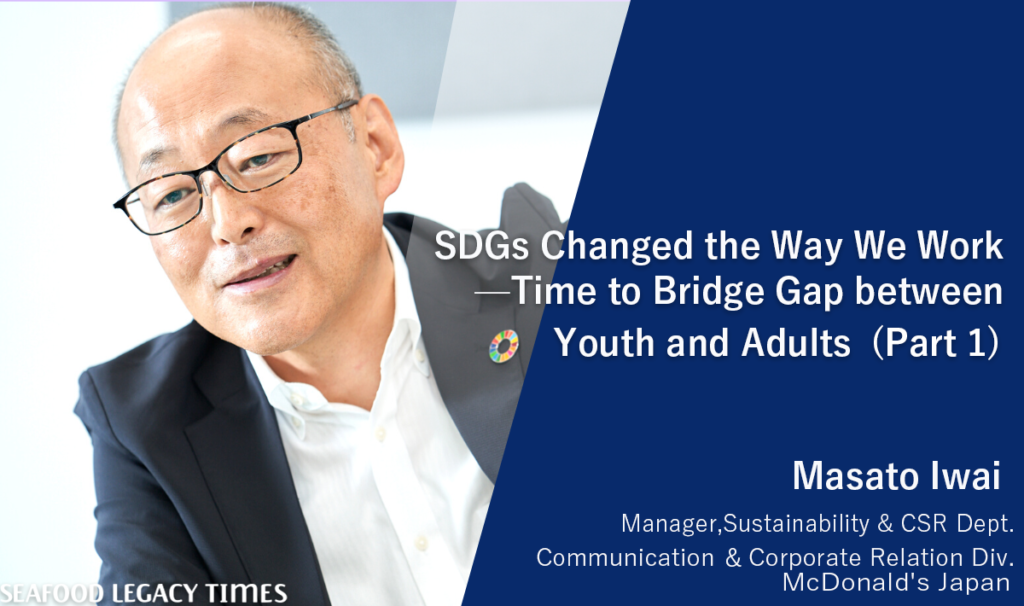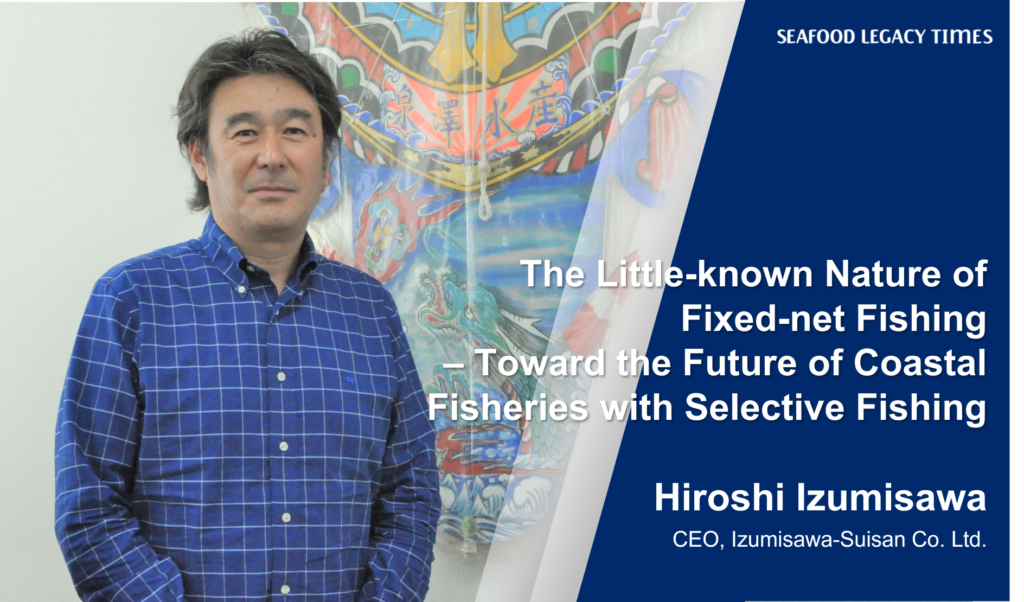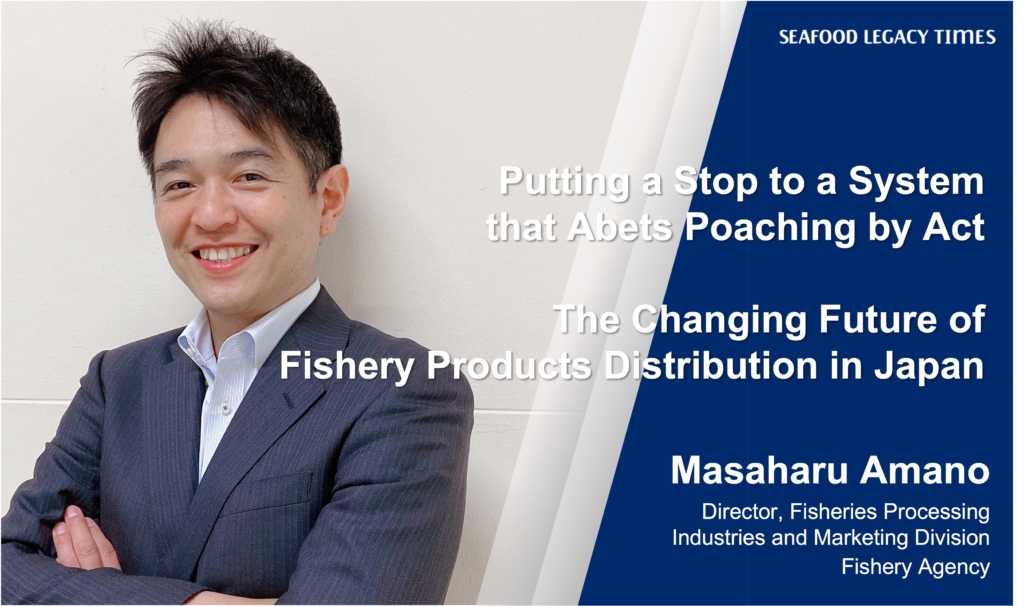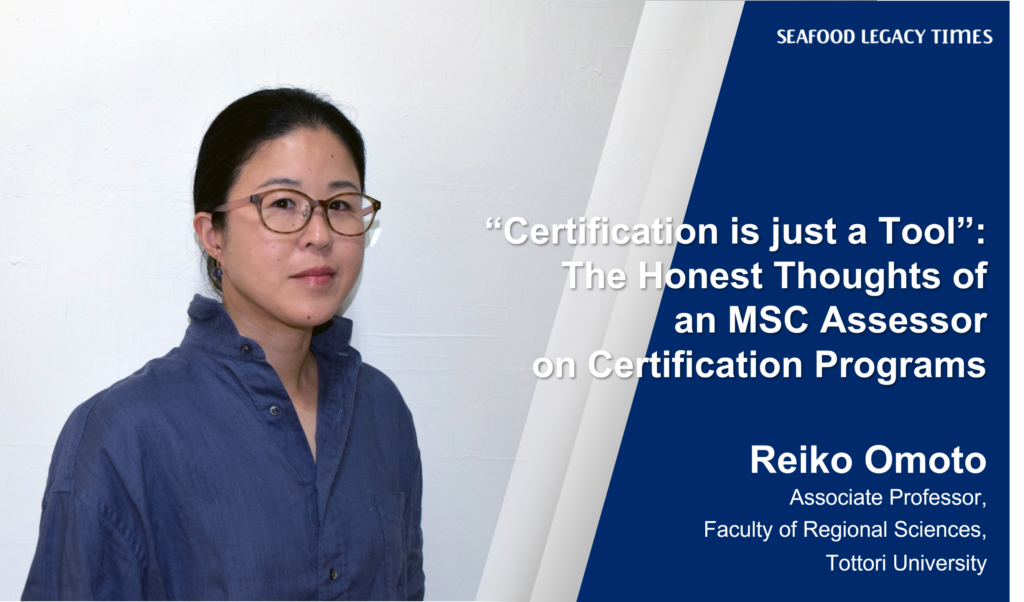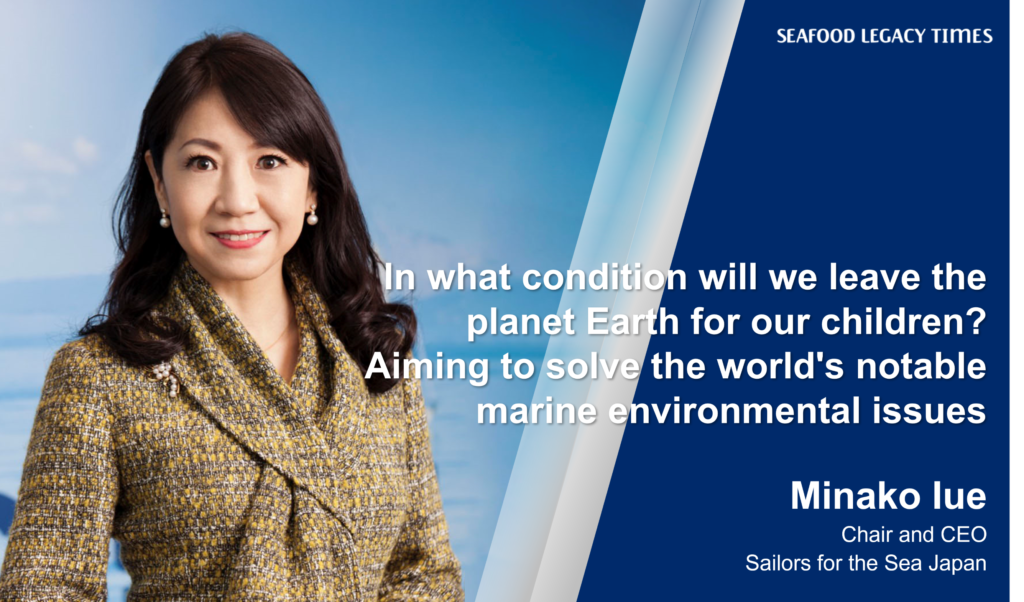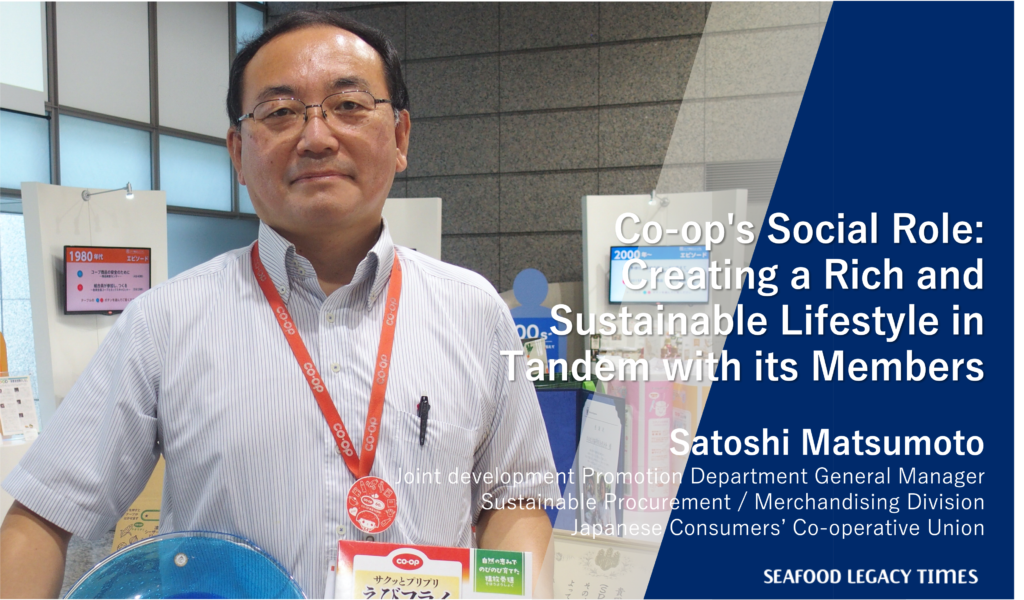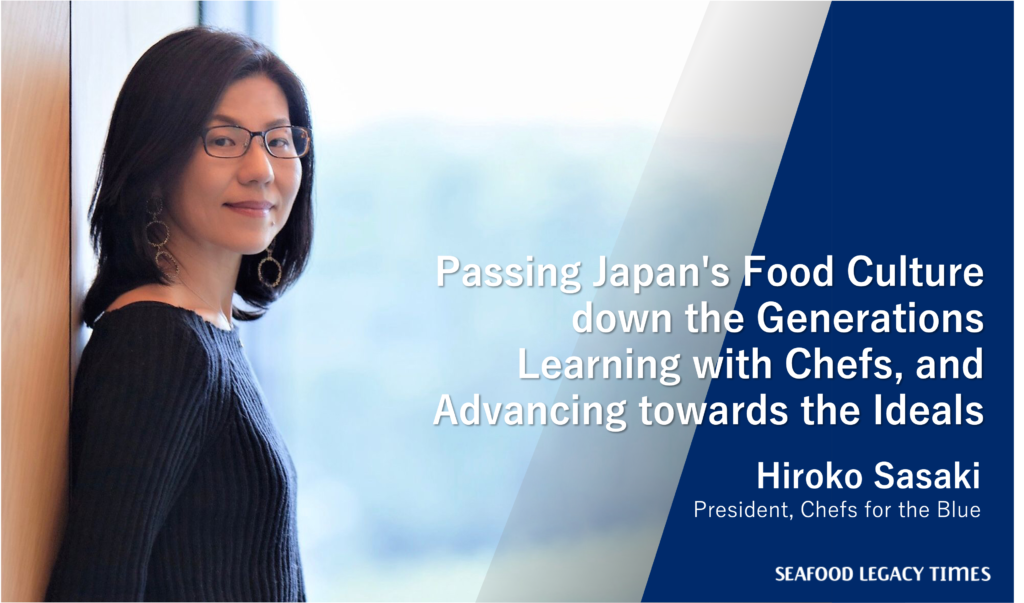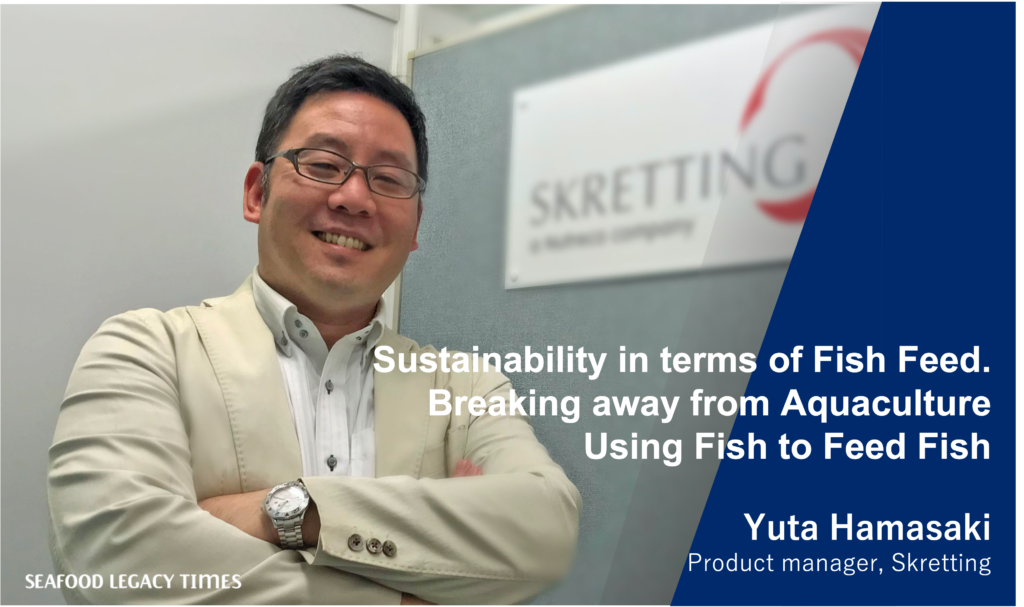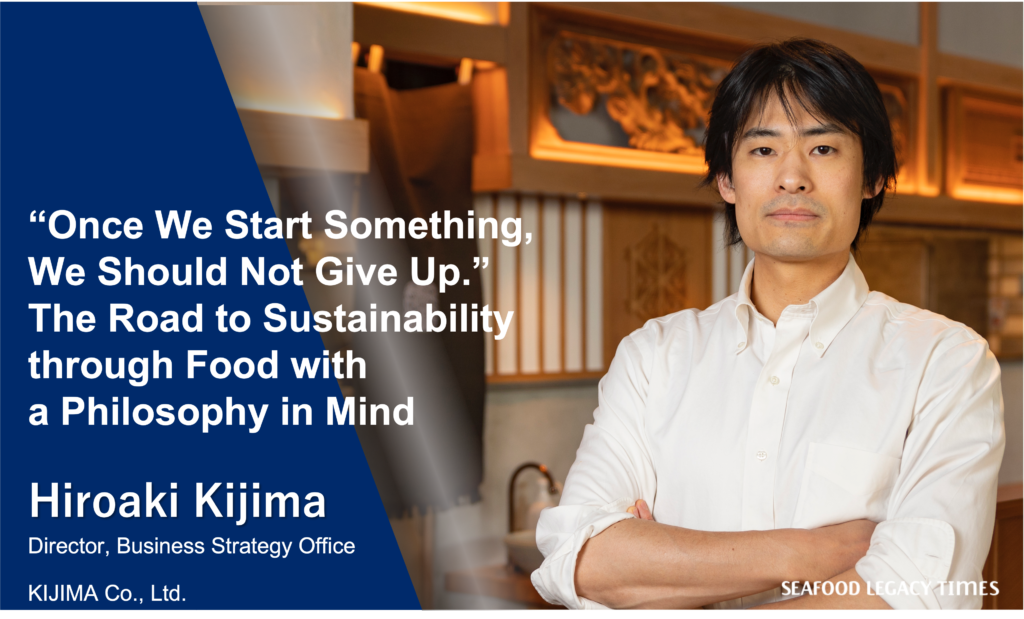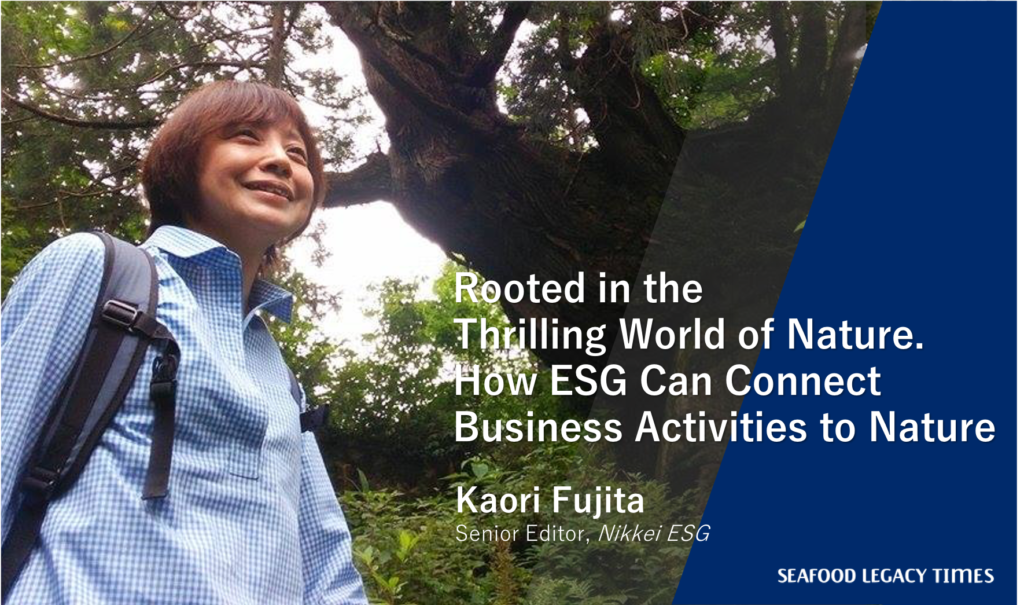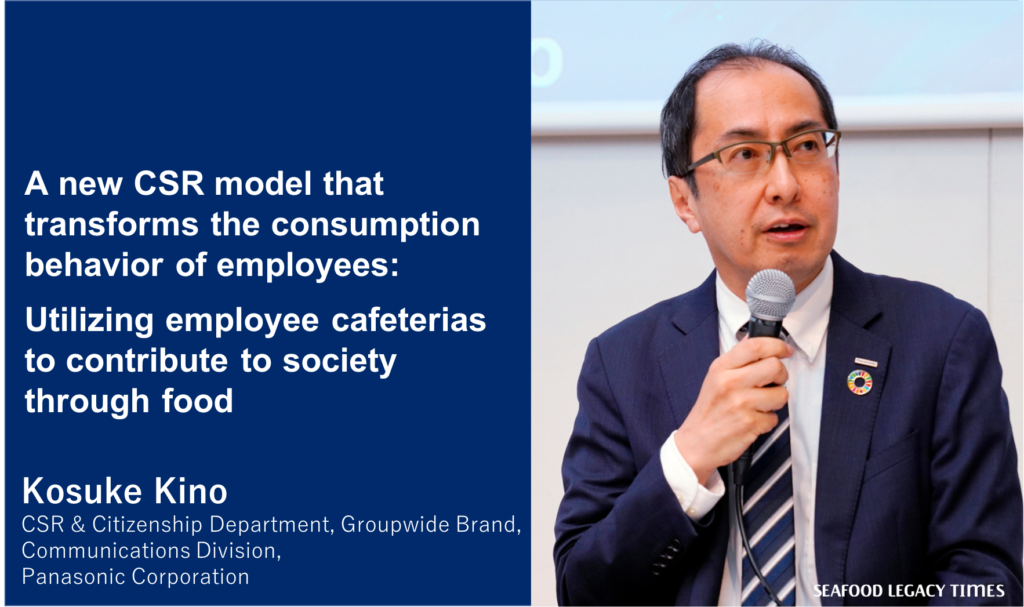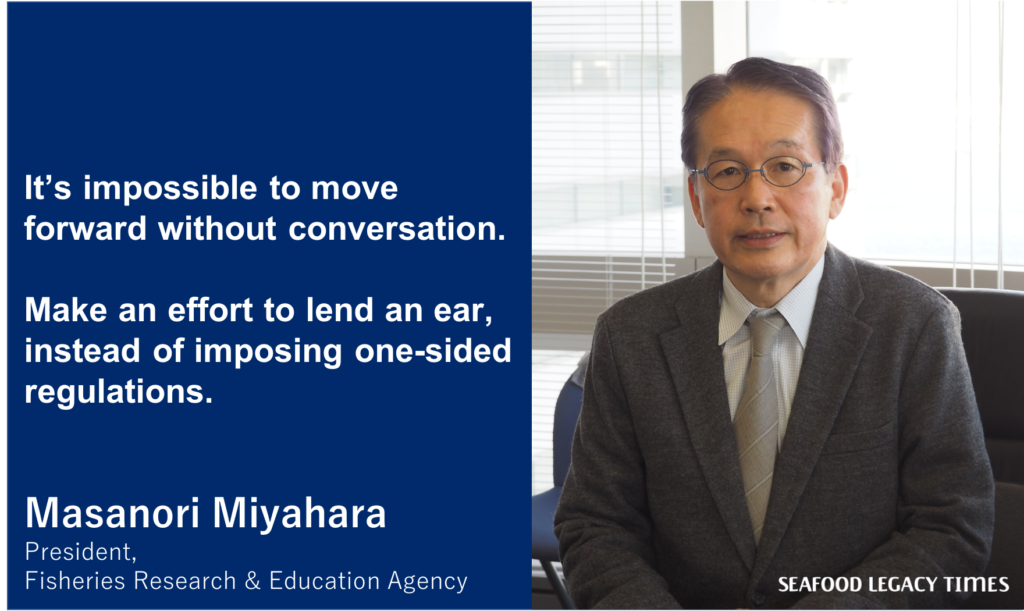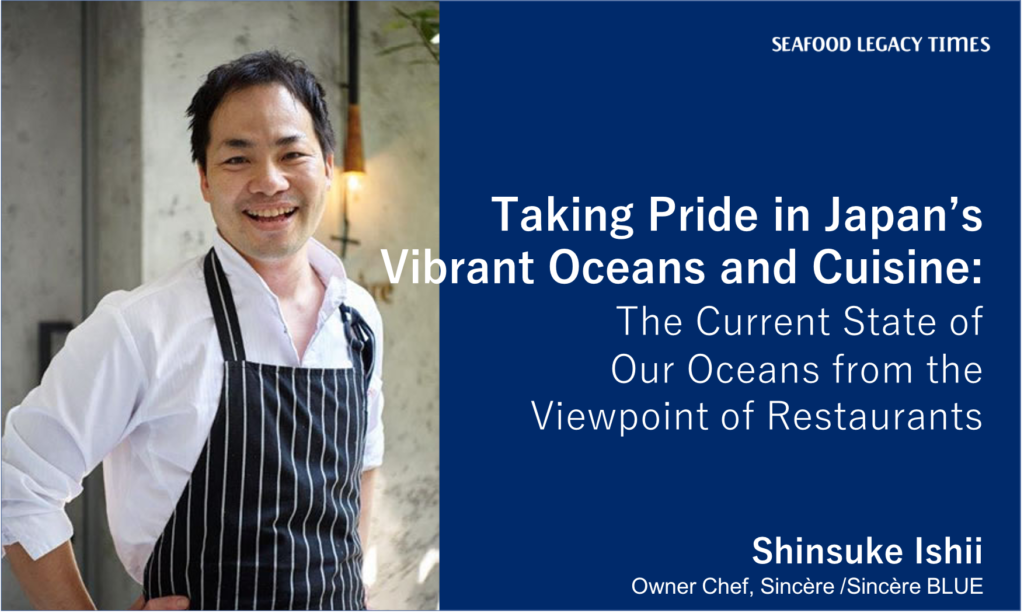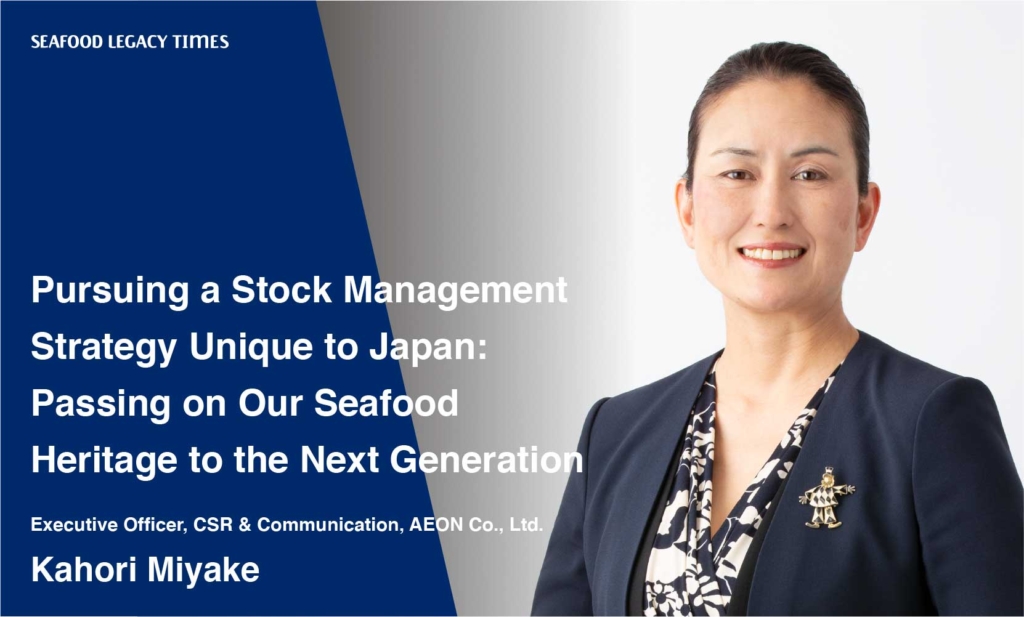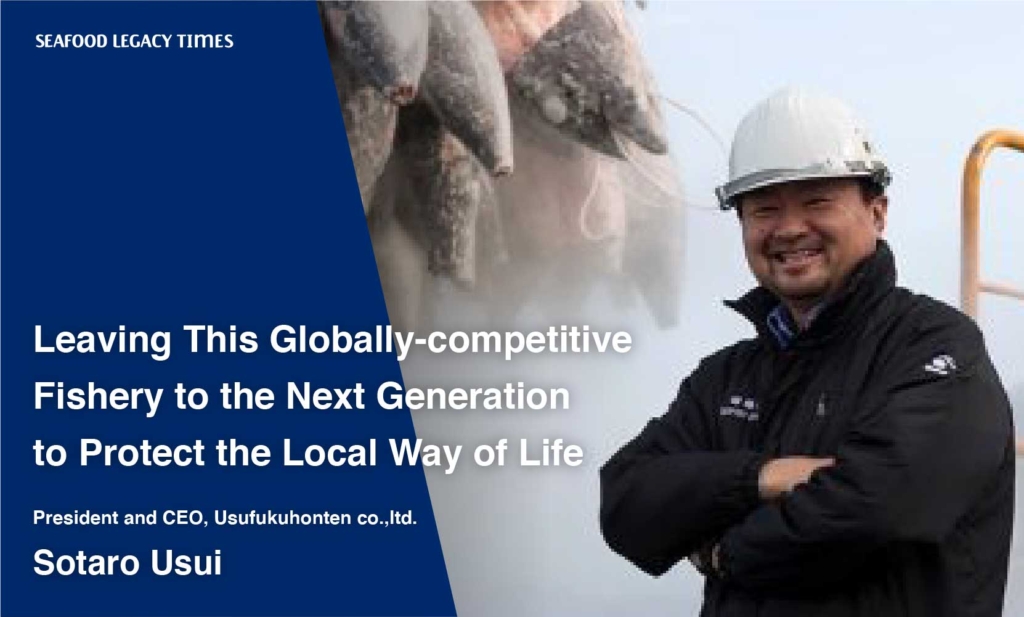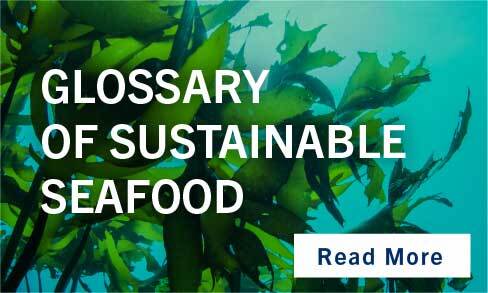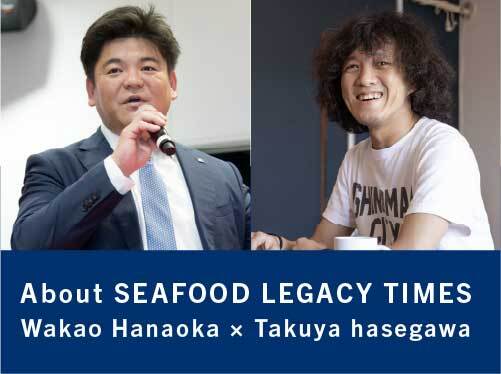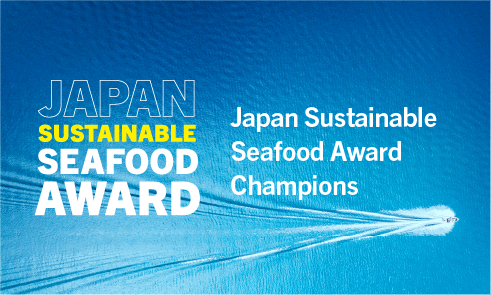
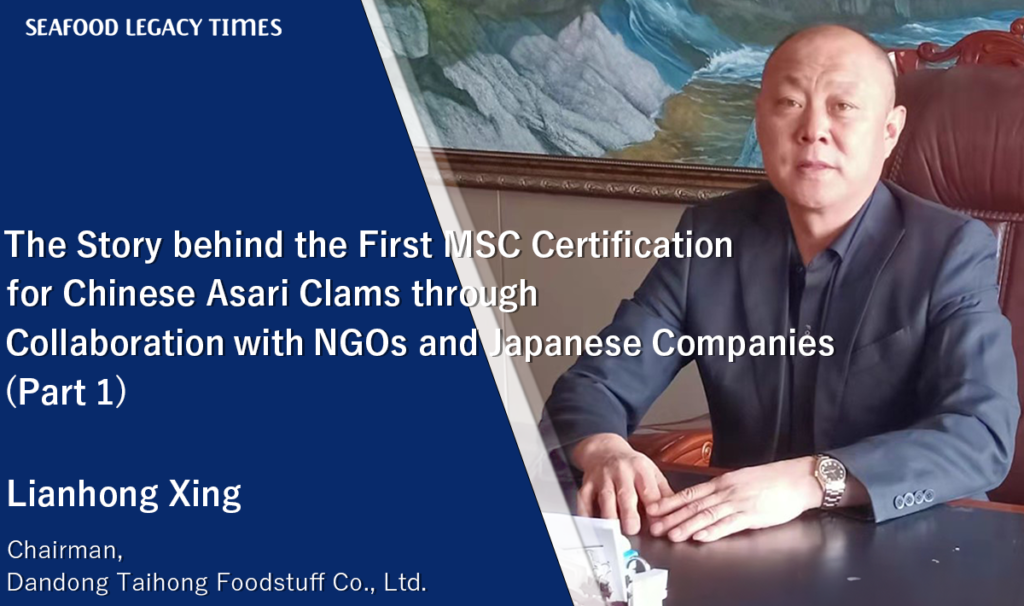
Dandong Taihong Foodstuff Co., Ltd. (hereinafter “Dandong Taihong Foodstuff”), a Chinese asari clam producer, collaborated with WWF and Nichirei Fresh to acquiredobtain the first MSC certification in the Chinese asari clam industry in September 2021 for its asari clam fishery in the Yalu River estuary area bordering the Yellow Sea.
Its acquisition of MSC certification attracted attention around the world as a milestone for the conservation of biodiversity in the Yellow Sea and the Yalu River as well as for the promotion of the supply of sustainable fishery products in China. This initiative was also selected as the champion for the Collaboration Award at the 4th Japan Sustainable Seafood Award.
We have previously reported on the collaboration undertaken by the trio of Mr. Hidenori Kunita of Nichirei Fresh, Mr. Makoto Yoshida of WWF Japan, and Ms. Aiko Yamauchi, formerly of WWF Japan and currently COO of Seafood Legacy, with the goal of obtaining MSC certification. This time, we spoke to Lianhong Xing, Chairman of Dandong Taihong Foodstuff, who had led the certification effort on site. In Part 1 of our interview, we asked Xing about the background to embarking on the project of obtaining MSC certification and the challenges he faced in the process.
Lianhong Xing
After graduating from Dalian Ocean University with a major in aquaculture, Lianhong Xing began engaging in trading asari clams and other fishery products at Dandong Fishery Product Ltd. He established Dandong Taihong Foodstuff in 2001. He has actively promoted the export of asari clam products to Japan and worked to improve the quality of clams during their processing by enhancing productivity through mechanization and the introduction of systems for removing foreign matter, a task that used to be performed by hand in the past. The asari clams produced by Dandong Taihong Foodstuff have been exported to Japan, the United States, Southeast Asia, and other countries, where they have been highly rated. The company also aims to popularize the use of Chinese clam products in the global market.
——Could you tell us more about Dandong Taihong Foodstuff?
Dandong Taihong Foodstuff was established in 2001 in the Dandong Donggang Economic Development Zone in Liaoning Province, China, an area facing the Yellow Sea. Our company’s business revolves around product processing and trading, and our main products include asari clam products such as vacuum-packed clams with shells, boiled shucked clams, blanched shucked clams, and clam seasoning products. In addition, we also carry hamaguri clams, aoyagi (trough shell), sea cucumber, abalone, frozen shucked whelk, frozen blue crab, pollock tempura, vegetable tempura, shrimp tempura, and other products.
The company was founded by my father-in-law, who initially established the company with the idea of living together with the sea because the city of Dandong Donggang is close to the Yellow Sea. We started out by farming crabs and shellfish before gradually expanding the scale of the business to its current size of 400 employees and 85 production/quality control staff. Our company occupies a land area of 38,000㎡, of which 21,000㎡ is used for processing plants. We are equipped with the infrastructure to refrigerate 7,000 tons and freeze 150 tons of products each day.
I was appointed as the second-generation Chairman of Dandong Taihong Foodstuff in 2001, and I have been working to expand the export of asari clams to Japan by developing a production system that is focused on vacuum-packed boiled clams and boiled shucked clams. The asari clams for which we have recently acquired MSC certification are farmed and harvested on the tidal flats in the Yalu River estuary area near the plant.
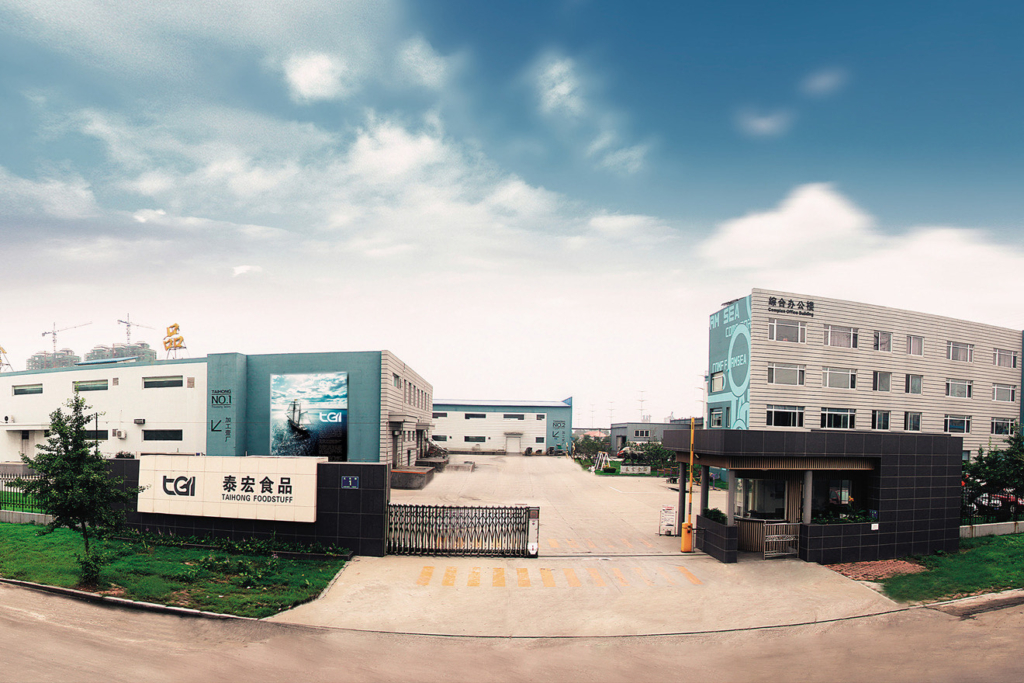 Dandong Taihong Foodstuff, the first company in China to obtain MSC certification
Dandong Taihong Foodstuff, the first company in China to obtain MSC certification
——How did you come to partner with Nichirei Fresh, with whom you collaborated on the MSC certification of your asari clam fishery?
Initially, my predecessor had already been doing business with several trading companies, including Japan’s Tokai Suisan Co., Ltd., via a Chinese foreign trade company (trading company). Subsequently, Nichirei Fresh established its Dalian Representative Office in the city of Dalian in 2002, and direct business commenced between its director Mr. Xiaozhou Li and our company.
——Did you feel any sense of apprehension when you were first approached by Nichirei Fresh and WWF about possibly obtaining MSC certification for your asari clam fishery?
When we were first approached in 2015, people in China knew very little about what MSC certification was all about. I did not know much about MSC certification either, so I did feel some apprehension. However, after the representatives from Nichirei Fresh, WWF China, and WWF Japan patiently explained the significance of MSC certification to me, I gradually came to understand and recognize the necessity of obtaining MSC certification.
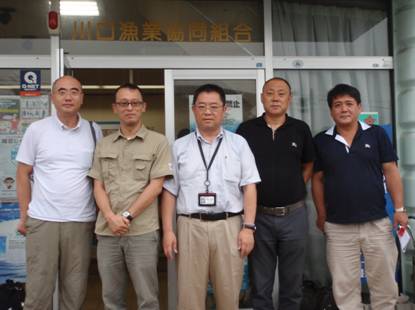
——Personally, what do you think is the significance of obtaining MSC certification?
First of all, obtaining MSC certification will amplify our company’s presence on the global stage. We also believe that MSC certification will help to improve the product quality of our asari clam fishery and allow it to serve as a role model for sustainable fisheries.
——What were some of the challenges you faced from the launch of your Fishery Improvement Project (FIP) in 2016 until you finally obtained MSC certification in 2021?
We started the project without knowing what obtaining MSC certification actually entails, but we gradually gained a deeper understanding as we proceeded with the project. We had various experiences in this process, and we needed to overcome a variety of challenges and many difficulties during the period from 2015, when we were first told about the project, to our acquisition of MSC certification in 2021.
In particular, it was extremely difficult for us to collect and organize information from various sources in the latter half of the project, but we were eventually able to overcome this with the support of Nichirei Fresh, WWF Japan, WWF China, the Donggang Ocean and Fishery Bureau, fisheries research institutes, Dalian Ocean University, the Liaoning Ocean and Fisheries Science Research Institute (LOFSRI), the China Aquatic Products Processing and Marketing Alliance (CAPPMA), MSC China Office, and other parties. We are deeply grateful to all of them.
——What were some of the specific challenges you faced?
There was a lot of confusion as foreign experts were not allowed to enter China during the COVID-19 pandemic that started in 2020. According to the person in charge of overseeing the MSC certification project at our company, it was especially difficult to collect and analyze the microorganisms that inhabit the sea floor of the Yellow Sea, where the asari clam fishing grounds are located, for the MSC assessment. There was a risk of accidents because the survey had to be conducted at sea, and I was told that the microorganisms were collected successfully only after overcoming significant difficulties.
Original Japanese text by: Shino Kawasaki




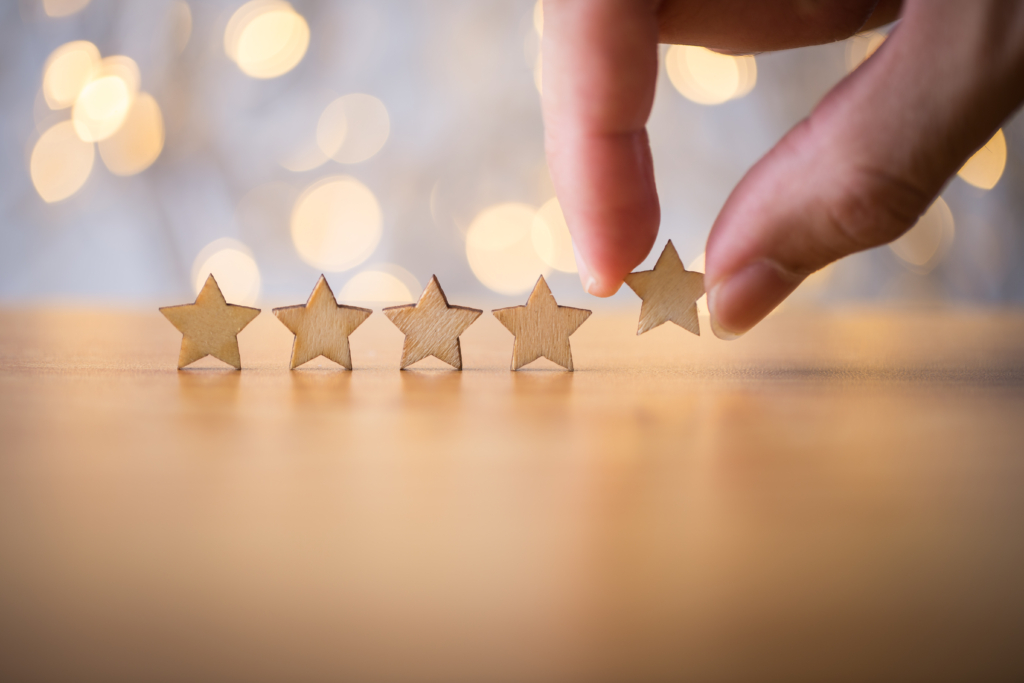




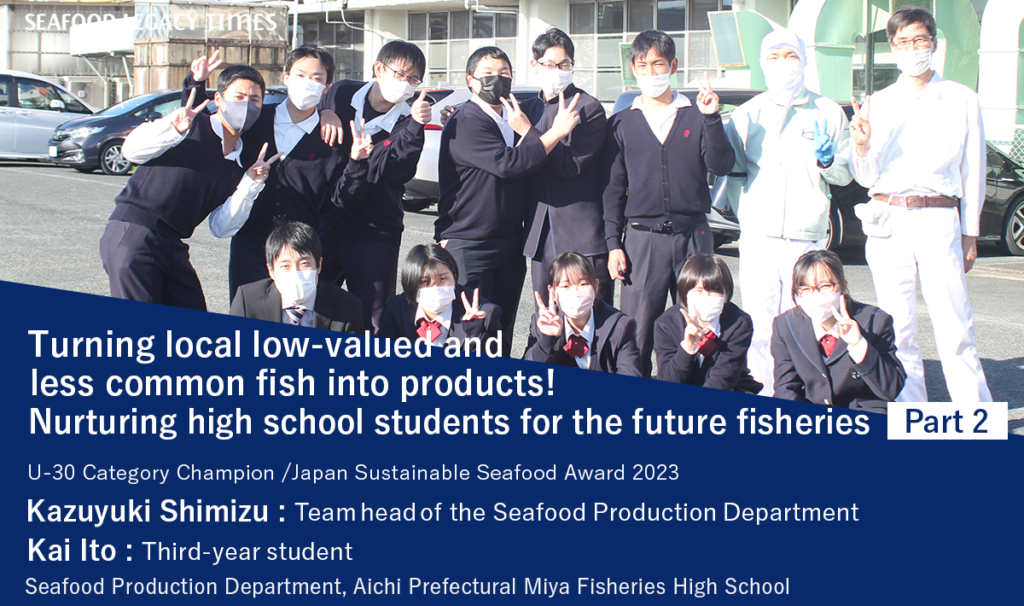
-1024x606.png)


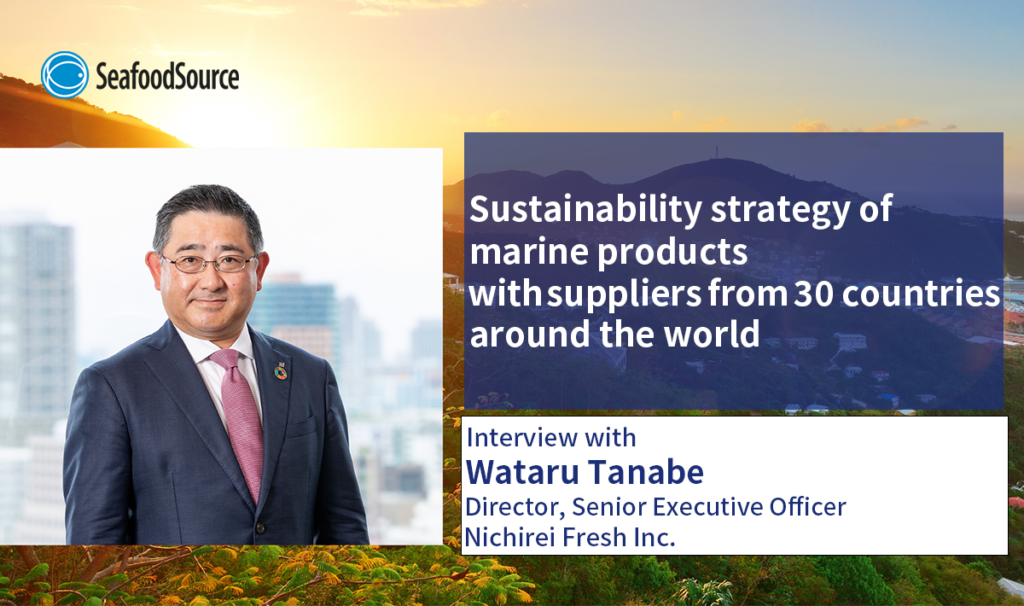
_-1024x606.png)

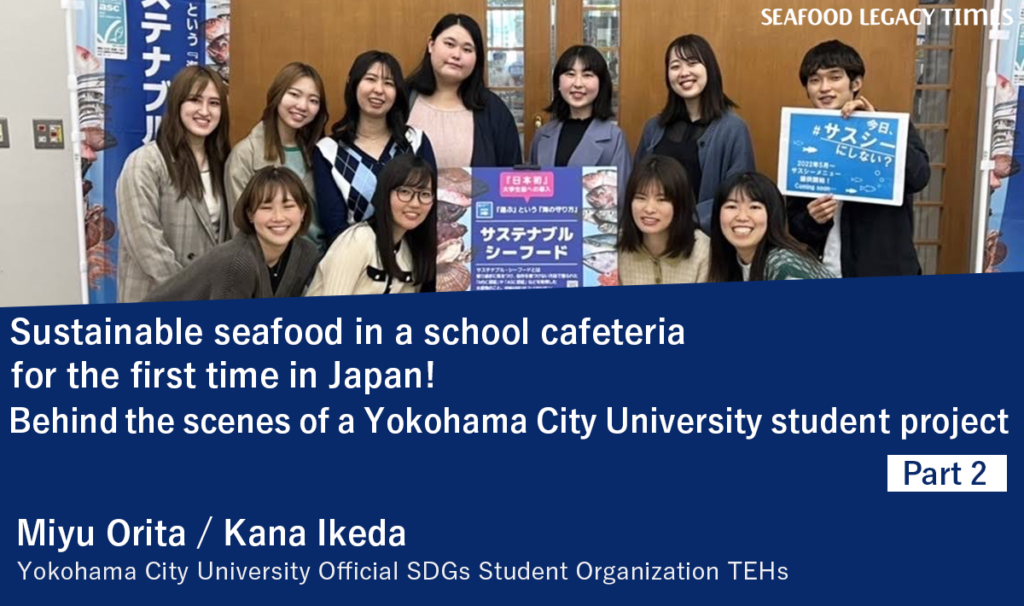
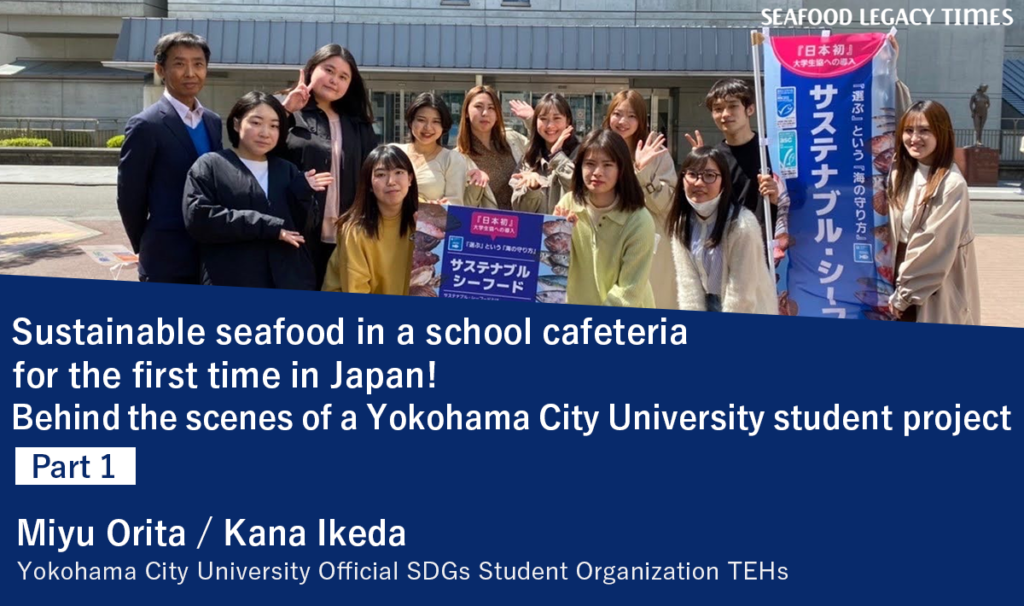



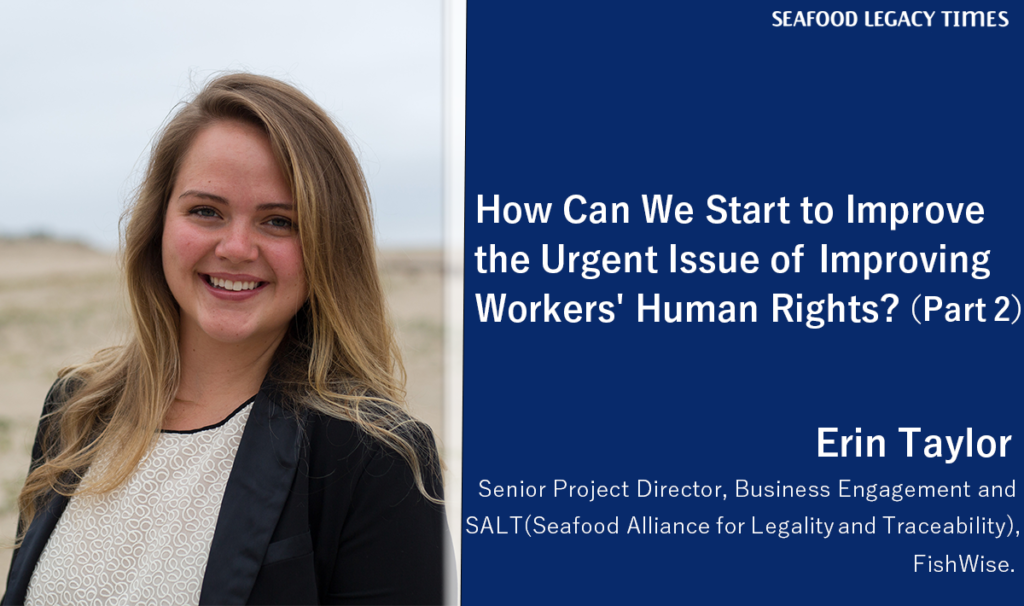
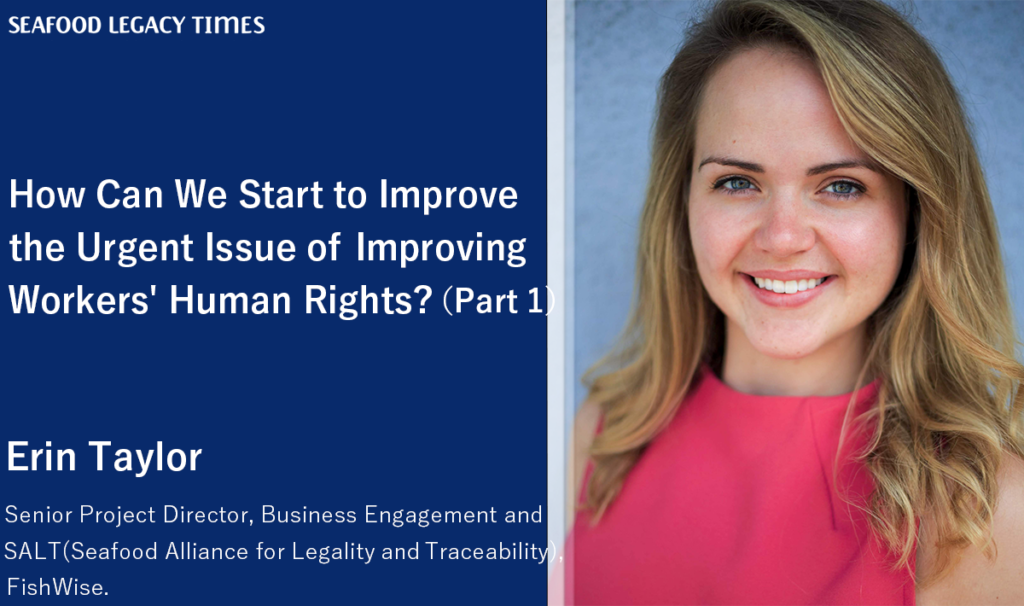
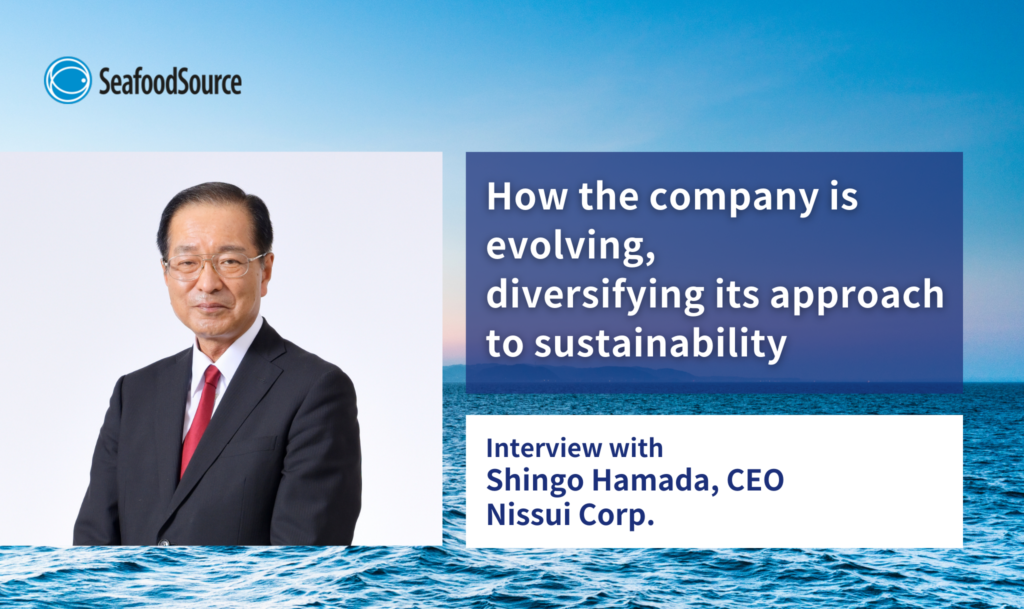




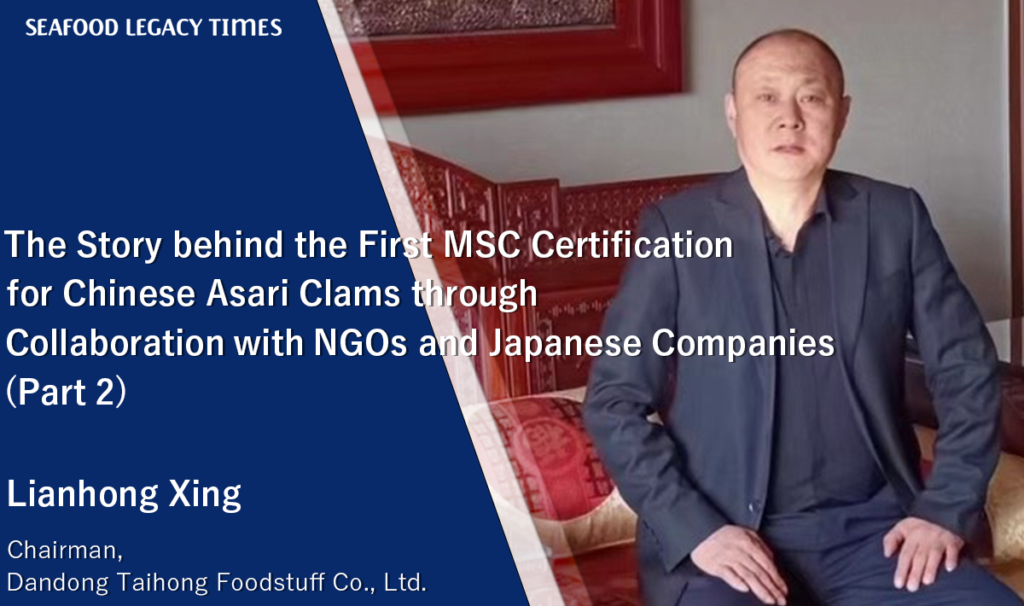


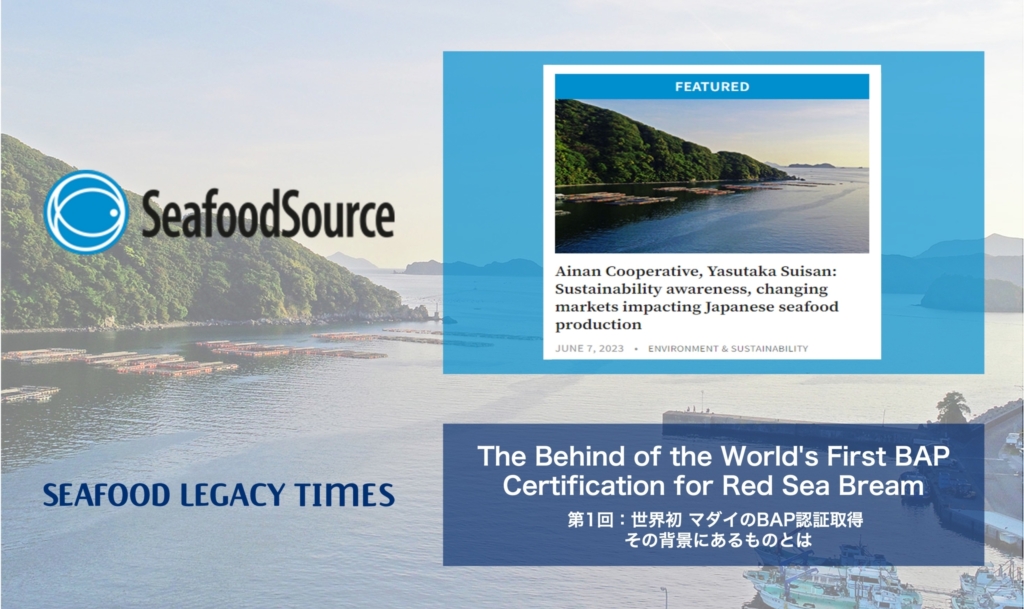

1_修正524-1024x606.png)


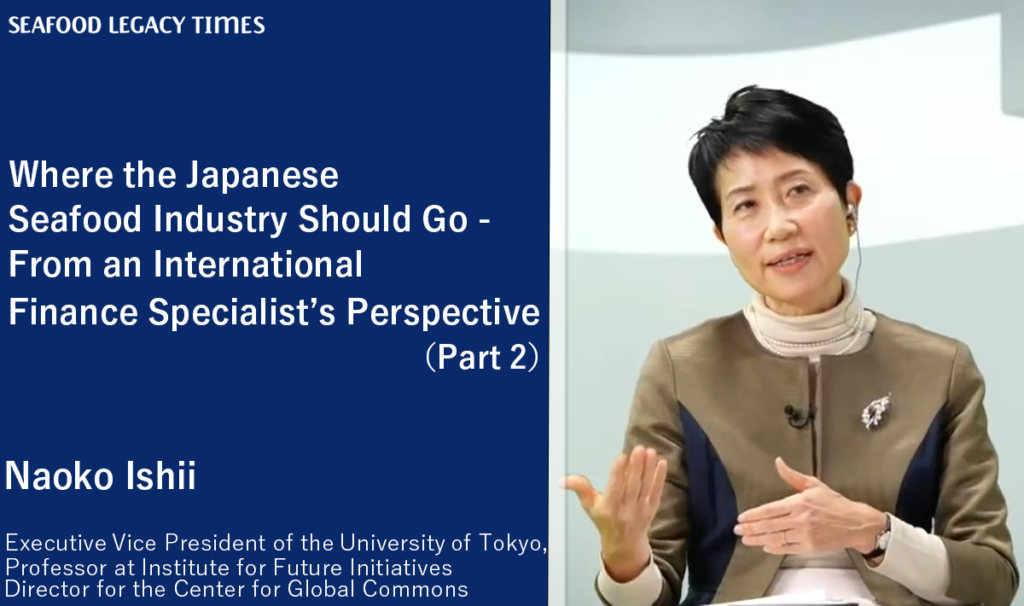







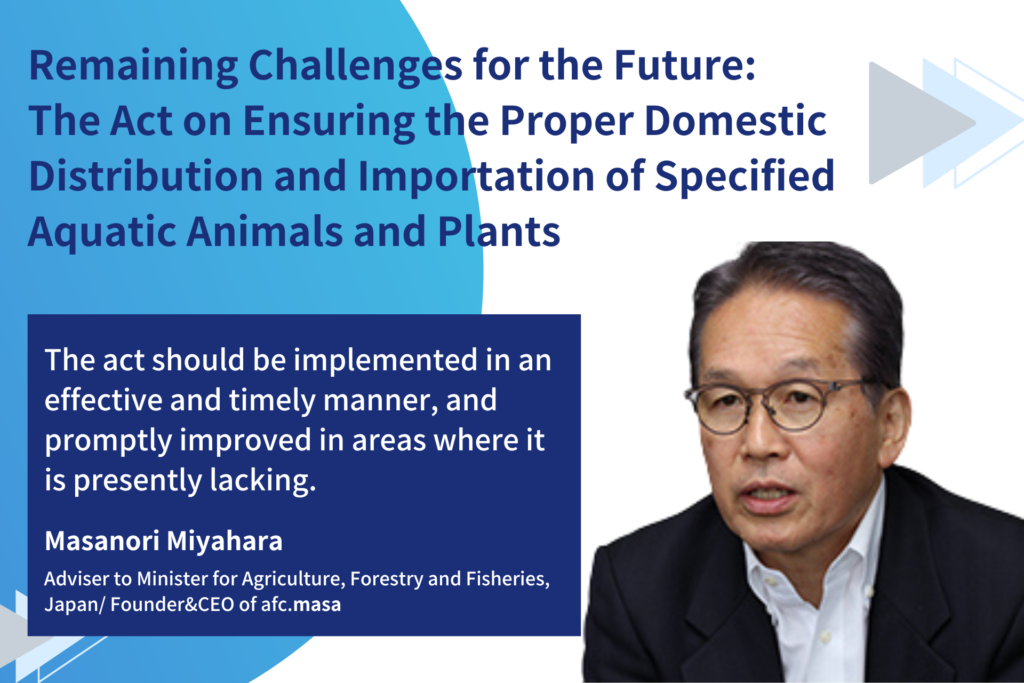
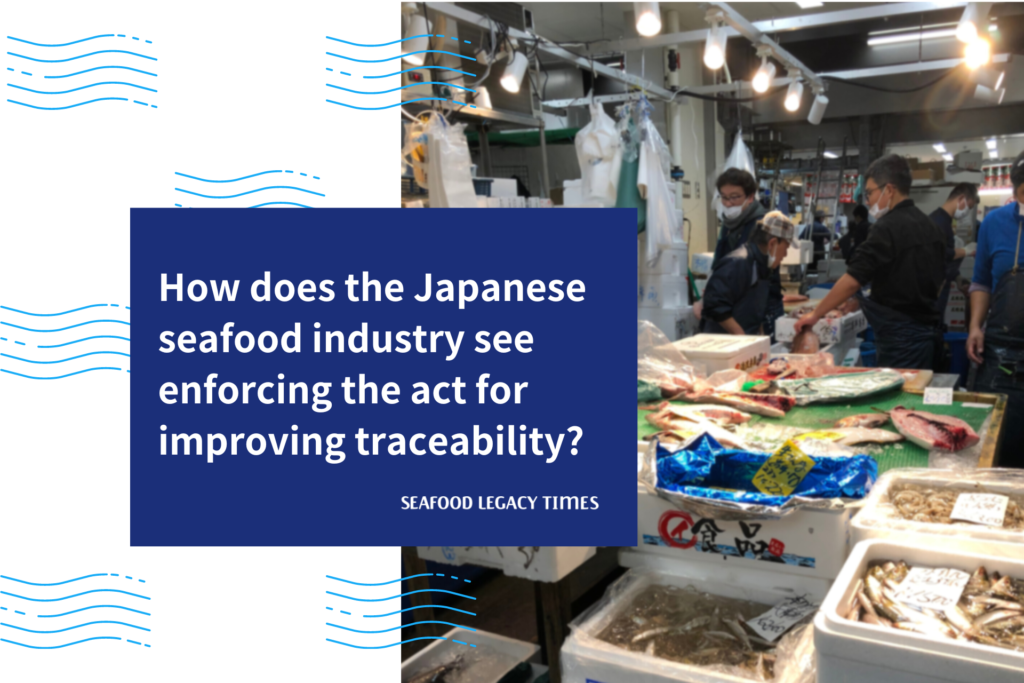



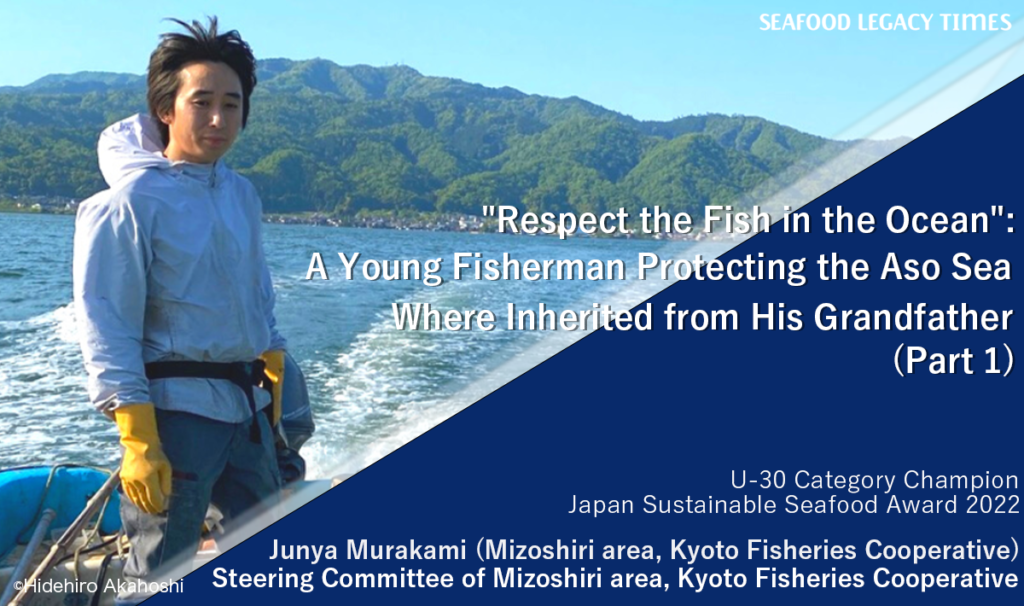
.2-1024x606.png)
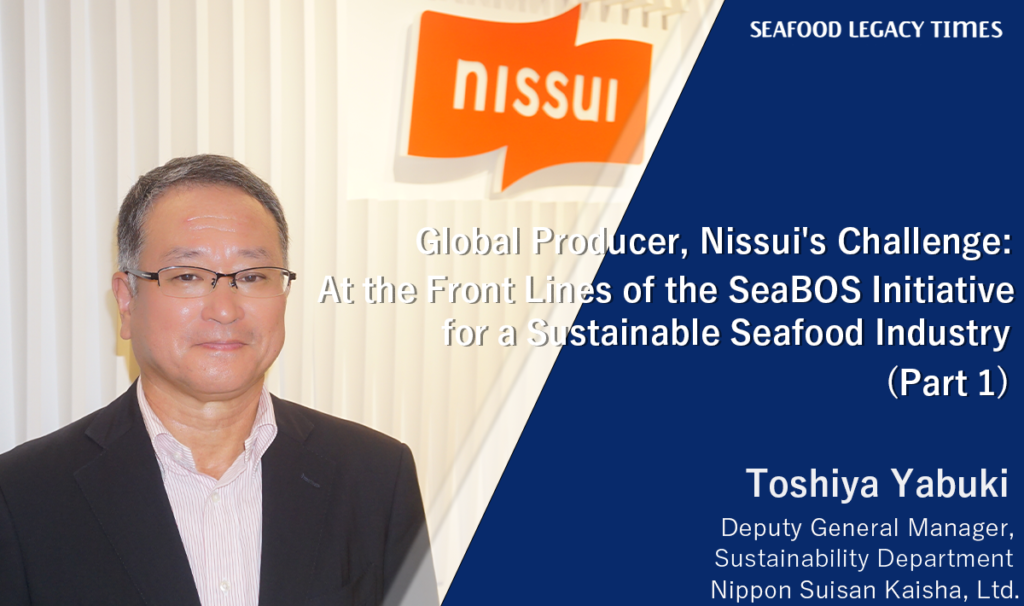
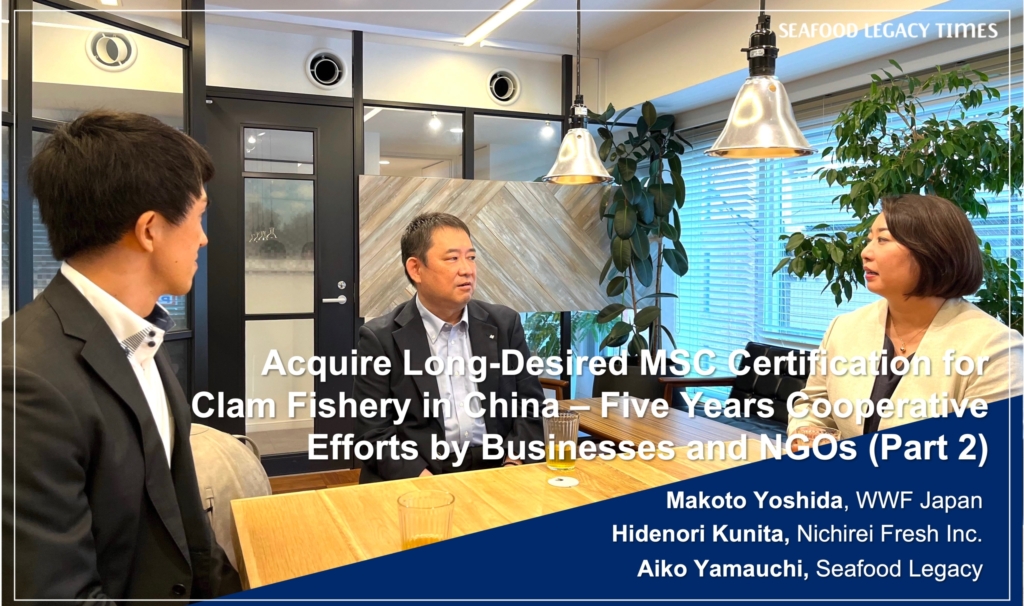
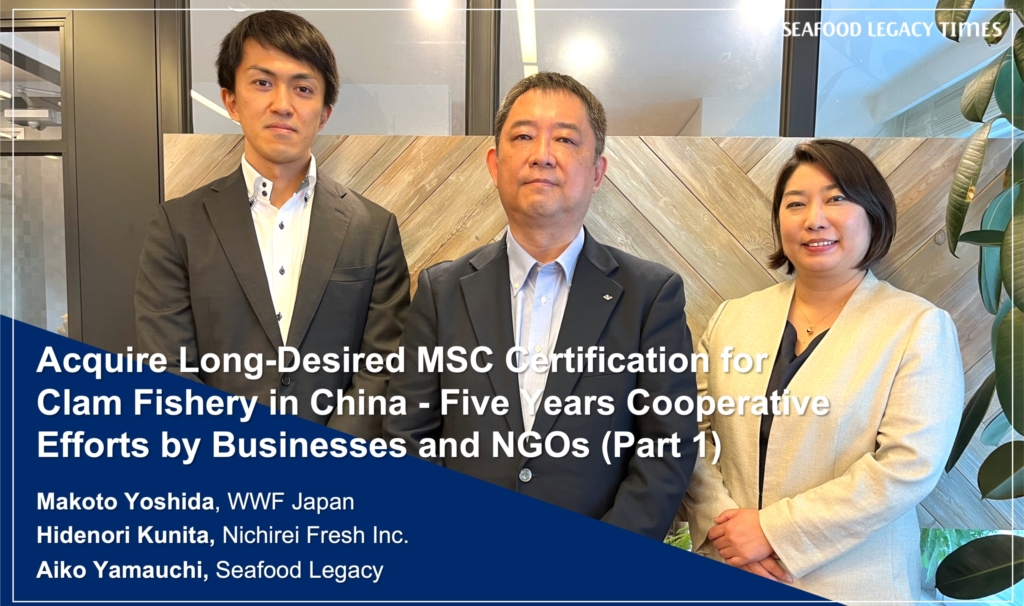






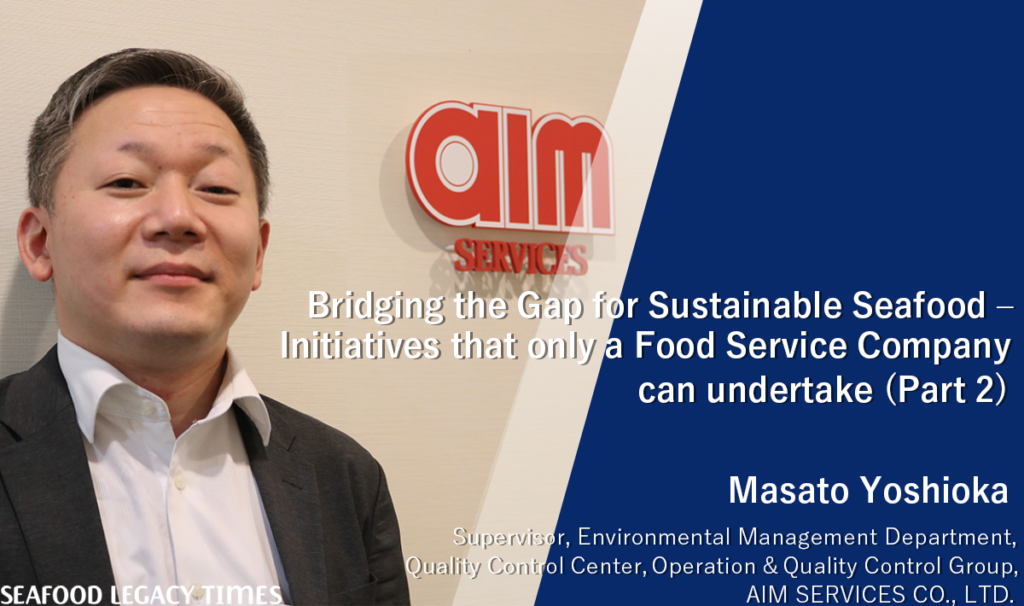
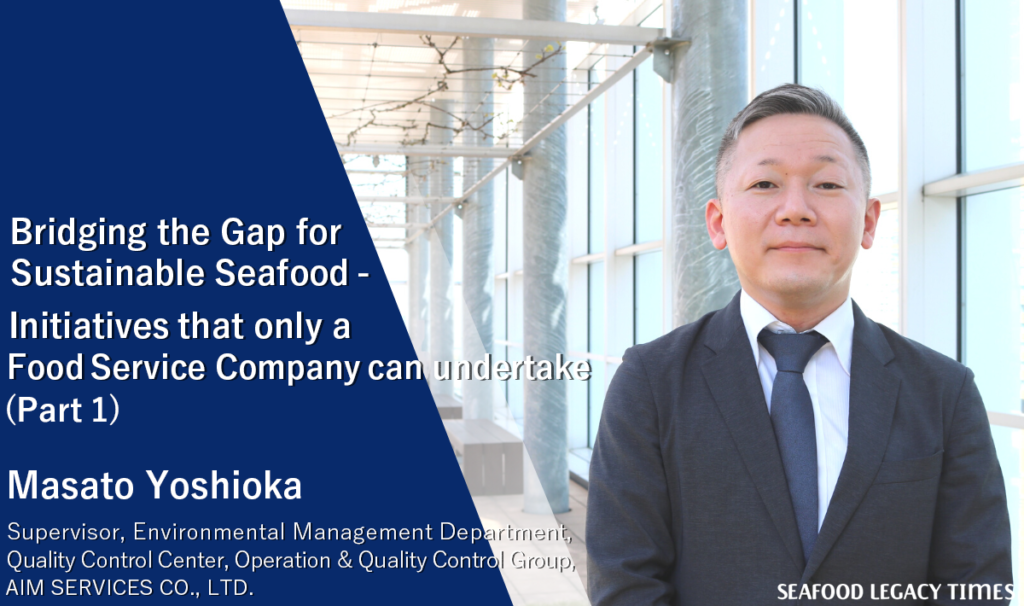
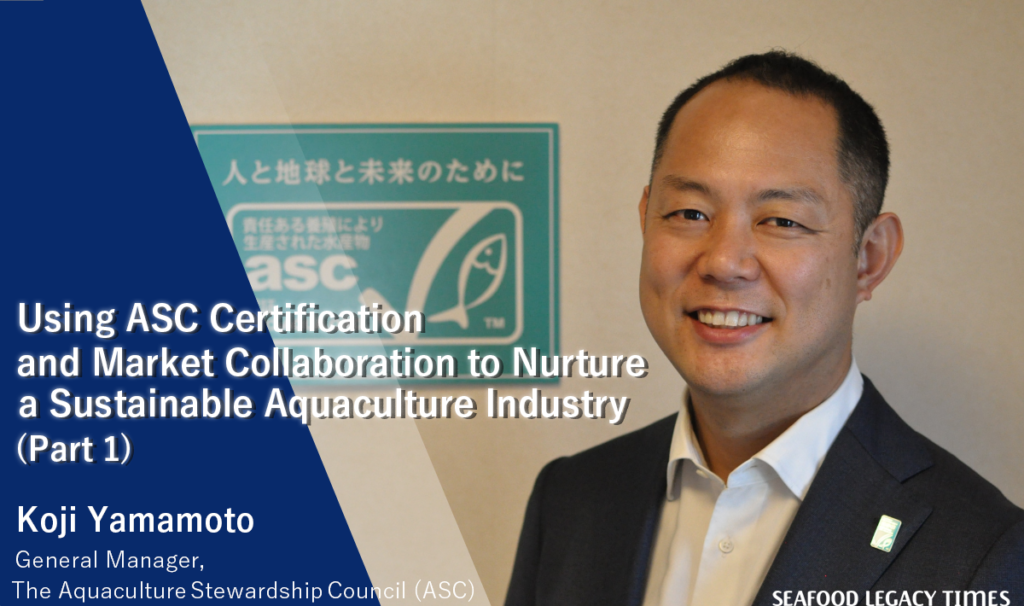
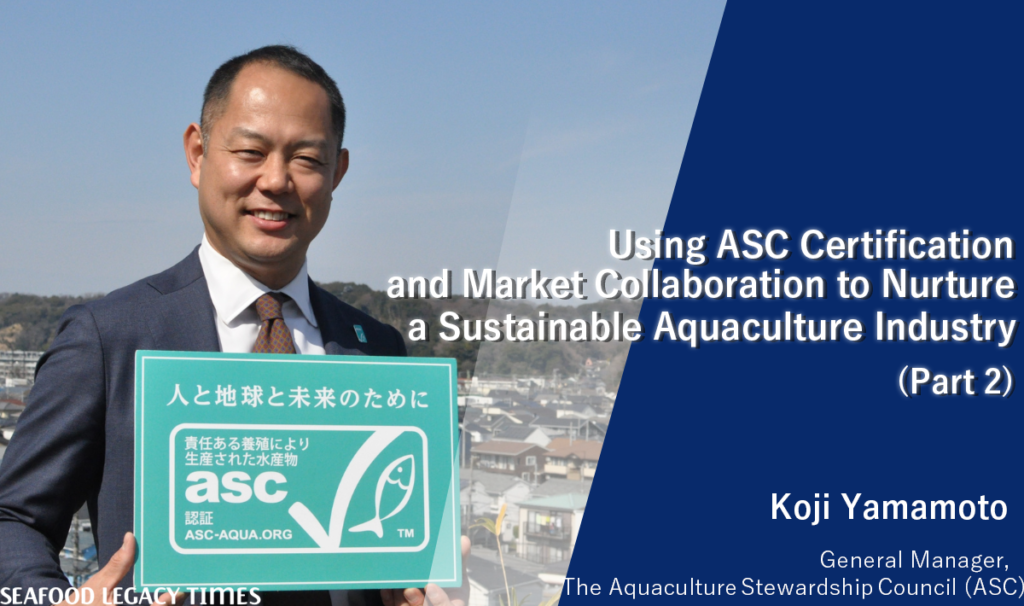
2-1024x606.png)
-1-1024x606.png)
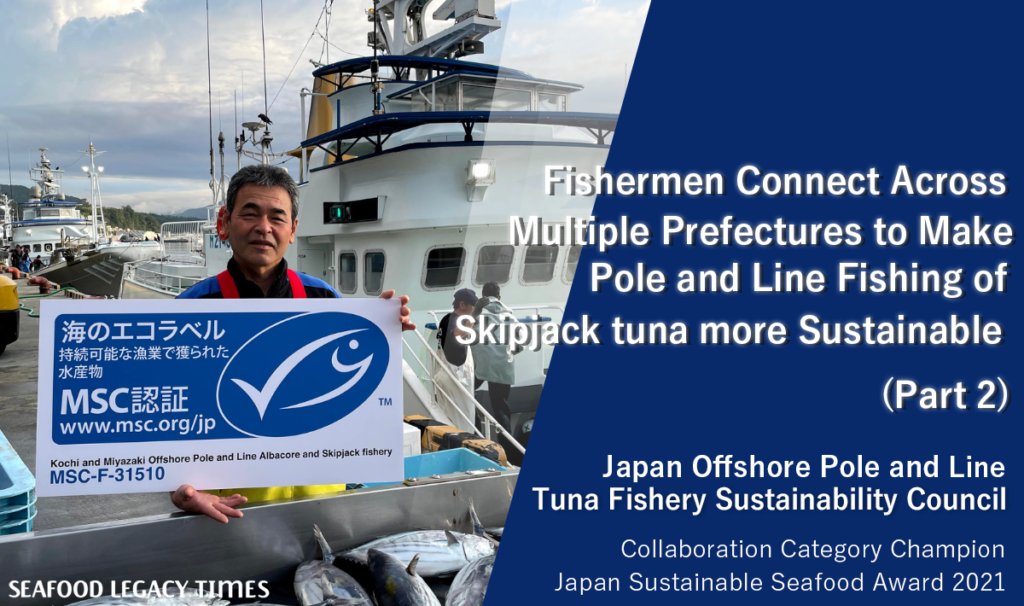
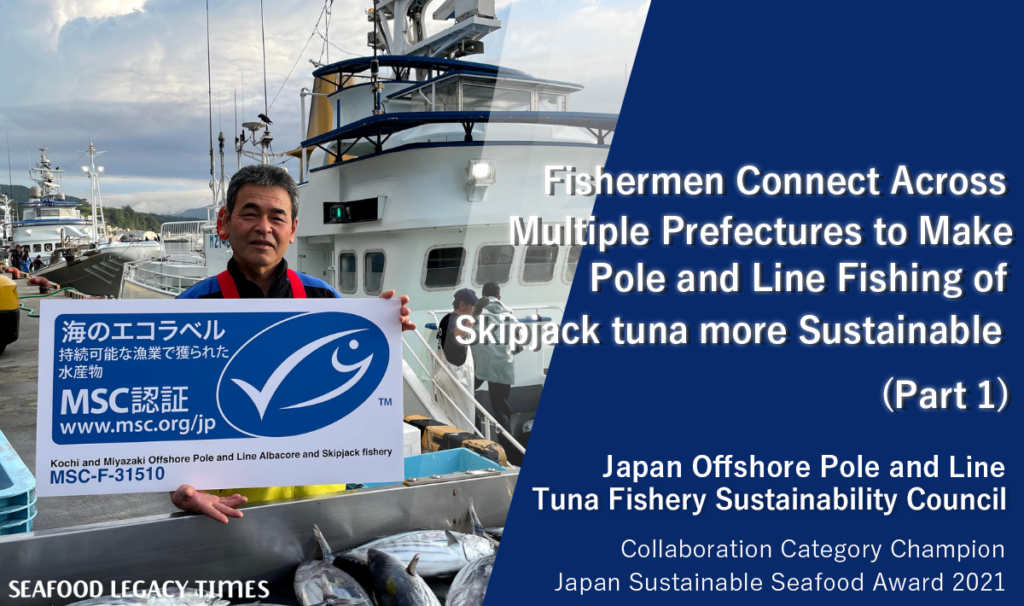
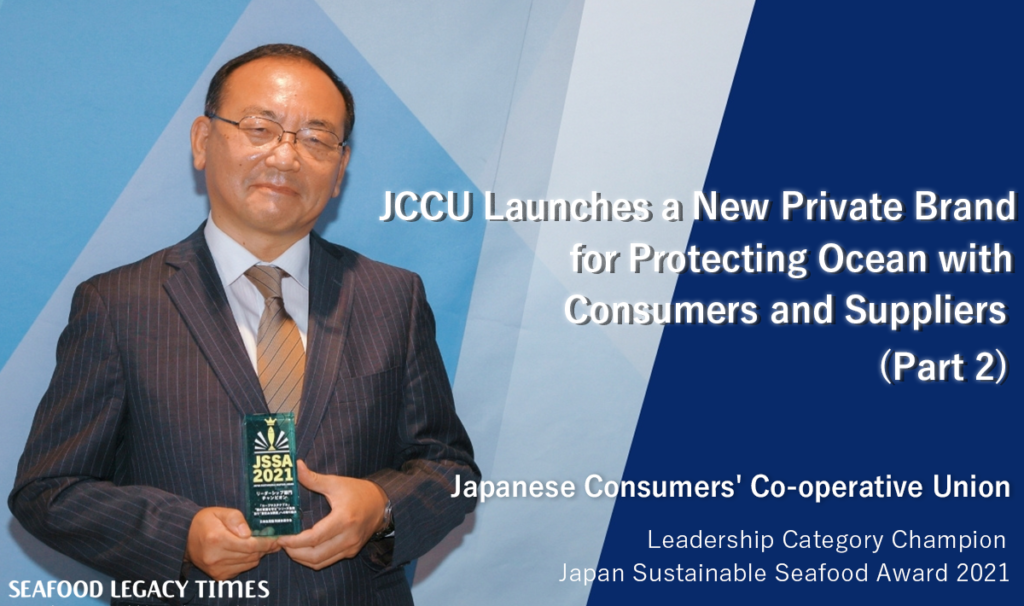
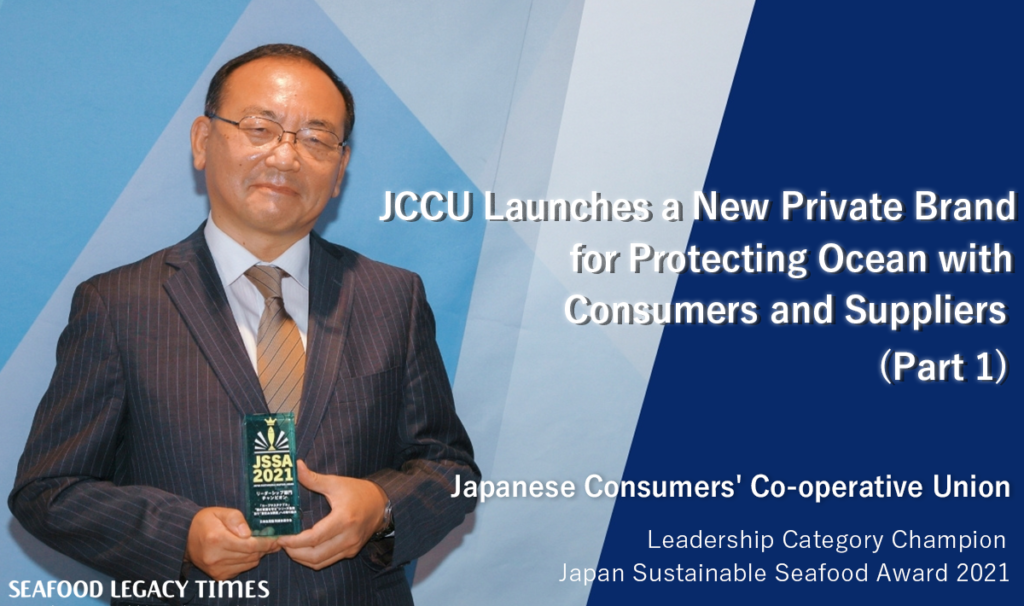
Part2-1024x606.png)
Part1-1024x606.png)
